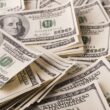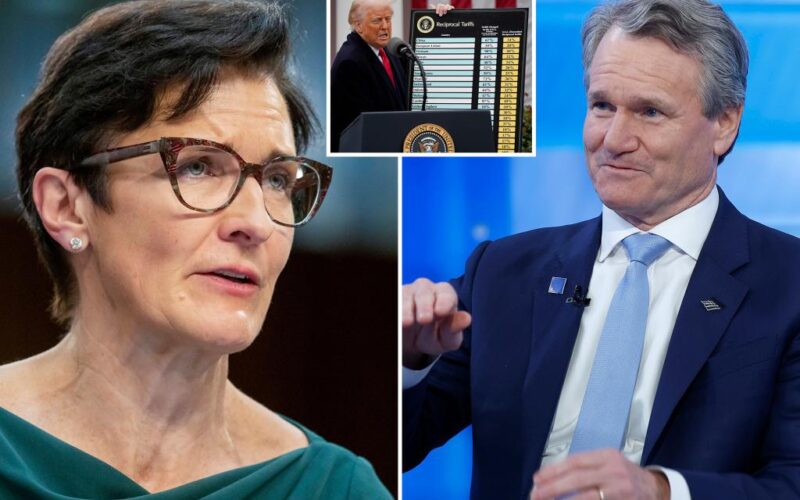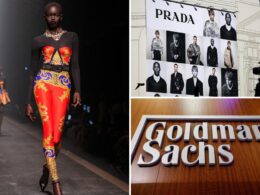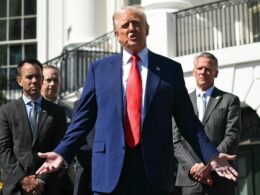Two of the biggest US banks, Citigroup and Bank of America, notched better-than-expected profits in the first three months of this year as traders raked in higher revenues amid President Donald Trump’s threat to start a global trade war.
The banks reaped the benefits of investors adjusting their portfolios after being spooked about a possible return to protectionist trade policies, following a similar trend at fellow Wall Street giants JPMorgan and Goldman Sachs.
President Trump had unveiled a string of ‘reciprocal’ tariffs on April 2, dubbed Liberation Day, to be slapped on imported goods, only to perform a last-gasp U-turn last Wednesday as US government borrowing costs rose.
Citi said its Q1 profit rose 21% to $4.1 billion, or $1.96 per share, on higher revenue and lower costs from the same time last year, while BoA rose from 11% to $7.4 billion from 2024.
Analysts surveyed by the London Stock Exchange Group had forecast Citi’s $1.85 per share, while they predicted BofA earnings to amount to 82 cents per share.
Citi’s equities traders benefitted from “increased market volatility” and an uptick in client transactions, powering revenues to $1.5 billion over these past three months and up 23% year-on-year.
The bank’s fixed-income traders generated $4.5 billion in revenue, mainly in currencies and government bonds, an 8% increase from the same time in 2024.
BofA also saw equities trading revenue soar, rising by 17% to $2.2 billion, while fixed-income revenue rose 5% to $3.5 billion.
“Trading results were the star of the show,” said Stephen Biggar, banking analyst at Argus Research, who warned executives that they may see further a dip in dealmaking this year.
In the first three months of 2025, US M&A activity fell 13%, according to data from Dealogic, and Biggar said that another collapse “could doom a 2025 recovery if tariff turmoil is not resolved soon.”
Citigroup posted $1.1bn in investment banking fees during the first three months of the year, up by 14% compared with a year earlier, while BofA said investment banking fees stood at $1.5 billion, down 3% from the first three months of 2024.
BofA CEO Brian Moynihan said that the bank’s “business clients have been performing well and consumers have shown resilience.”
But in a thinly veiled reference to the ongoing threat of a global trade war, the 65-year-old warned that Americans “potentially face a changing economy in the future.”
Fraser struck a more optimistic note over Trump’s attempts to restructure America’s trade ties with dozens of countries.
“When all is said and done, and longstanding trade imbalances and other structural shifts are behind us, the U.S. will still be the world’s leading economy, and the dollar will remain the reserve currency,” she said after Citi’s results were released.
Last Friday, JPMorgan CEO Jamie Dimon told investors that the US economy would face “considerable turbulence” if Trump went ahead with his plan to slap tariffs on imported goods.








